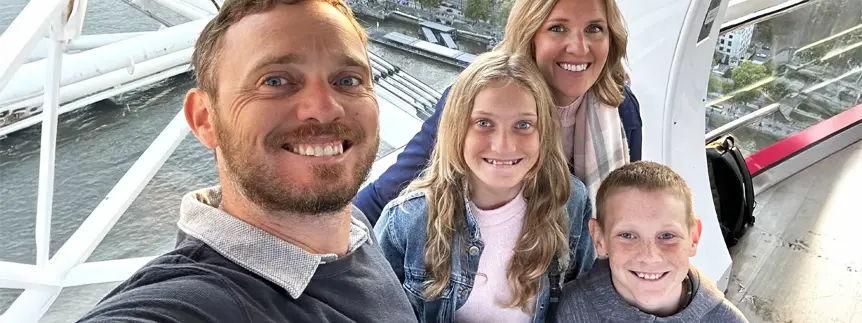I was born into a fourth-generation Jehovah’s Witness (JW) family in the U.S., a lineage that began with my great-grandfather, who was considered one of the “anointed.” My upbringing was deeply immersed in the faith—family members worked at Bethel, my father was a ministerial servant striving to become an elder, and my entire social world revolved around the Witness community. Our family made frequent trips to Bethel, served in underprivileged territories, and even participated in dramatic performances at conventions. I was baptized at just 12 years old, eager to meet the expectations placed upon me.
At 14, I began a secret relationship with a JW girl from my school. We met in secret, sneaking out at night to spend time together. Without warning, she confessed everything to the elders. I was blindsided when my best friend’s father—alongside other elders—interrogated me about every detail. My father, sitting next to me, was furious and humiliated. I was unsure how much she had shared, so I tried to downplay our actions. At just 15, I was disfellowshipped.
That summer was the loneliest of my life. Friends and family ignored me. My own grandmother awkwardly turned away when I greeted her. When school resumed, the girl I had loved—who had not been disfellowshipped—told me she had been seeing someone else. I was heartbroken and isolated. I was reinstated seven months later, but my friendships never recovered. I was marked—an outcast among the only people I had ever known.
Stripped of social connections, my parents pulled me out of public school and placed me in an independent study program. I finished two years’ worth of education in one year and entered nursing school at 17, desperate for connection. I met a kind classmate, and we formed a bond. When my mother found our messages, she turned me in to the elders. I begged them through tears not to disfellowship me again. It didn’t matter. At 18, I was disfellowshipped for the second time, evicted from my parents’ home, and completely cut off. I haven’t had a meaningful conversation with my family since.
At 15, my father told me I had an “evil heart.” He would wake me in the middle of the night, demanding to know why I wasn’t sorry. But I was sorry—I was grieving a love I had lost, grieving the only world I had ever known.
I had to navigate adulthood without guidance, support, or even the basic socialization most teenagers experience. While tackling an intense nursing program with an 80% dropout rate, I was also struggling to make sense of my life. When I learned I was about to become a father, the weight of it all became unbearable. A month before my daughter was born, I attempted suicide. The pain was too much. I couldn’t see a way forward.
Even after I survived, my family remained absent. They missed my graduation from nursing school. They missed my wedding. They missed my children’s births. The only way to have them in my life would have been to surrender—to return and raise my children in the same oppressive system that had nearly destroyed me. I refused.
When my grandfather was dying of cancer, I flew in to see him. He wanted nothing more than to go home after his diagnosis, so I drove him back, staying awake for 24 hours to ensure he got there safely. He died shortly after. When the funeral was held, I wasn’t invited. Worse, in the family slideshow, they erased me completely—there were photos of my parents and my siblings, but I was nowhere to be seen.
My family still refuses to speak to me directly. Instead, they reach out to my wife, trying to manipulate their way into our lives without confronting their guilt.
At 25, I finally allowed myself to question everything. For the first time, I considered the possibility that they might be wrong. Deprogramming took years, placing an immense strain on my marriage and my mental health. But my children have been spared. They will never know the insidious control that ruled my childhood.
I am 33 now. I have only recently started therapy to address the deep wounds this cult inflicted on me. It is a long road, but I am finally facing the trauma that shaped my life.
Had I succeeded in my suicide attempt, my family would have believed it was justified—that I was wicked and deserved to die. They would have felt relief, knowing the world was rid of someone like me.
I am still here. And I will make sure my children never endure the suffering I went through.
I share my story so that others will understand the true cost of mandated shunning. No child should be forced to grow up fearing abandonment for simply being human.

